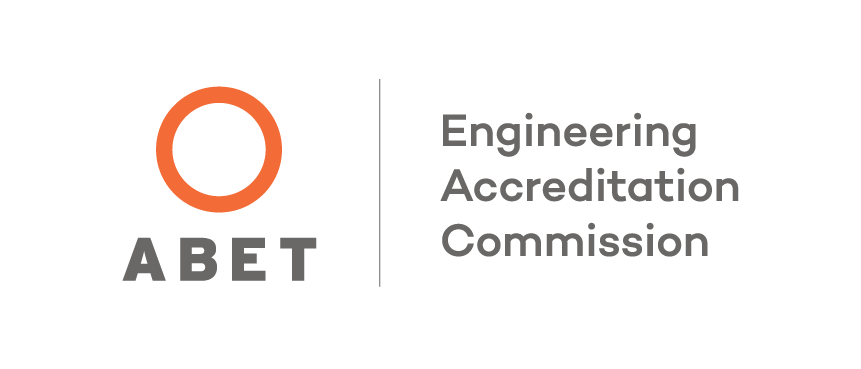
Environmental Engineering
The Bachelor of Science in Environmental Engineering program within the Wilkes University Civil and Environmental Engineering Department is accredited by the Engineering Accreditation Commission (EAC) of ABET external website.
It is the mission of the Civil and Environmental Engineering Department to provide the knowledge and skills for civil and environmental engineering graduates that gives them a sound basis for professional practice and for life-long learning. This emphasizes the student’s learning of fundamental principles of environmental, geotechnical, structural, and water resources & hydraulics engineering, understanding environmental resource problems in their technical, ecological, socio-political, economic and ethical context, and proficiency in the use of engineering methods to analyze and solve challenging engineering problems.
The BS in Environmental Engineering program will produce graduates who after three years:
- Are prepared for employment with technical knowledge for practice in traditional and broader areas of environmental engineering, which qualifies them to pursue professional licensure in service to government agencies, business and industry.
- Actively pursue graduate studies leading to advanced degrees.
- Demonstrate an understanding of ethical, social and professional responsibilities that will assist them in their professional growth through life-long learning.
- Identify, formulate and solve complex engineering problems by applying principles of engineering, science and mathematics.
- Apply engineering design to produce solutions that meet specified needs with consideration of public health, safety and welfare, as well as global, cultural, social, environmental and economic factors.
- Communicate effectively with a range of audiences.
- Recognize ethical and professional responsibilities in engineering situations and make informed judgments, which must consider the impact of engineering solutions in global, economic, environmental and societal contexts.
- Function effectively on a team whose members together provide leadership, create a collaborative and inclusive environment, establish goals, plan tasks and meet objectives.
- Develop and conduct appropriate experimentation, analyze and interpret data and use engineering judgment to draw conclusions.
- Acquire and apply new knowledge as needed, using appropriate learning strategies.
Civil Engineering
The Bachelor of Science in Civil Engineering program within the Wilkes University Civil and Environmental Engineering Department is pursuing accreditation by the Engineering Accreditation Commission (EAC) of ABET external website.
It is the mission of the Civil and Environmental Engineering Department to provide the knowledge and skills for civil and environmental engineering graduates that gives them a sound basis for professional practice and for life-long learning. This emphasizes the student’s learning of fundamental principles of environmental, geotechnical, structural, and water resources & hydraulics engineering, understanding environmental resource problems in their technical, ecological, socio-political, economic and ethical context, and proficiency in the use of engineering methods to analyze and solve challenging engineering problems.
The BS in Civil Engineering program will produce graduates who after four years:
- Are prepared for employment with technical knowledge for practice in traditional and broader areas of civil engineering with technical areas of environmental, geotechnical, structural, and water resources & hydraulics including pollution prevention and sustainability, which qualifies them to pursue professional licensure in service to government agencies, business, and industry.
- Actively pursue graduate studies leading to advanced degrees.
- Demonstrate an understanding of ethical and professional responsibilities that will assist them in their professional growth through life-long learning.
- Identify, formulate and solve complex engineering problems by applying principles of engineering, science and mathematics.
- Apply engineering design to produce solutions that meet specified needs with consideration of public health, safety and welfare, as well as global, cultural, social, environmental and economic factors.
- Communicate effectively with a range of audiences.
- Recognize ethical and professional responsibilities in engineering situations and make informed judgments, which must consider the impact of engineering solutions in global, economic, environmental and societal contexts.
- Function effectively on a team whose members together provide leadership, create a collaborative and inclusive environment, establish goals, plan tasks and meet objectives.
- Develop and conduct appropriate experimentation, analyze and interpret data and use engineering judgment to draw conclusions.
- Acquire and apply new knowledge as needed, using appropriate learning strategies.